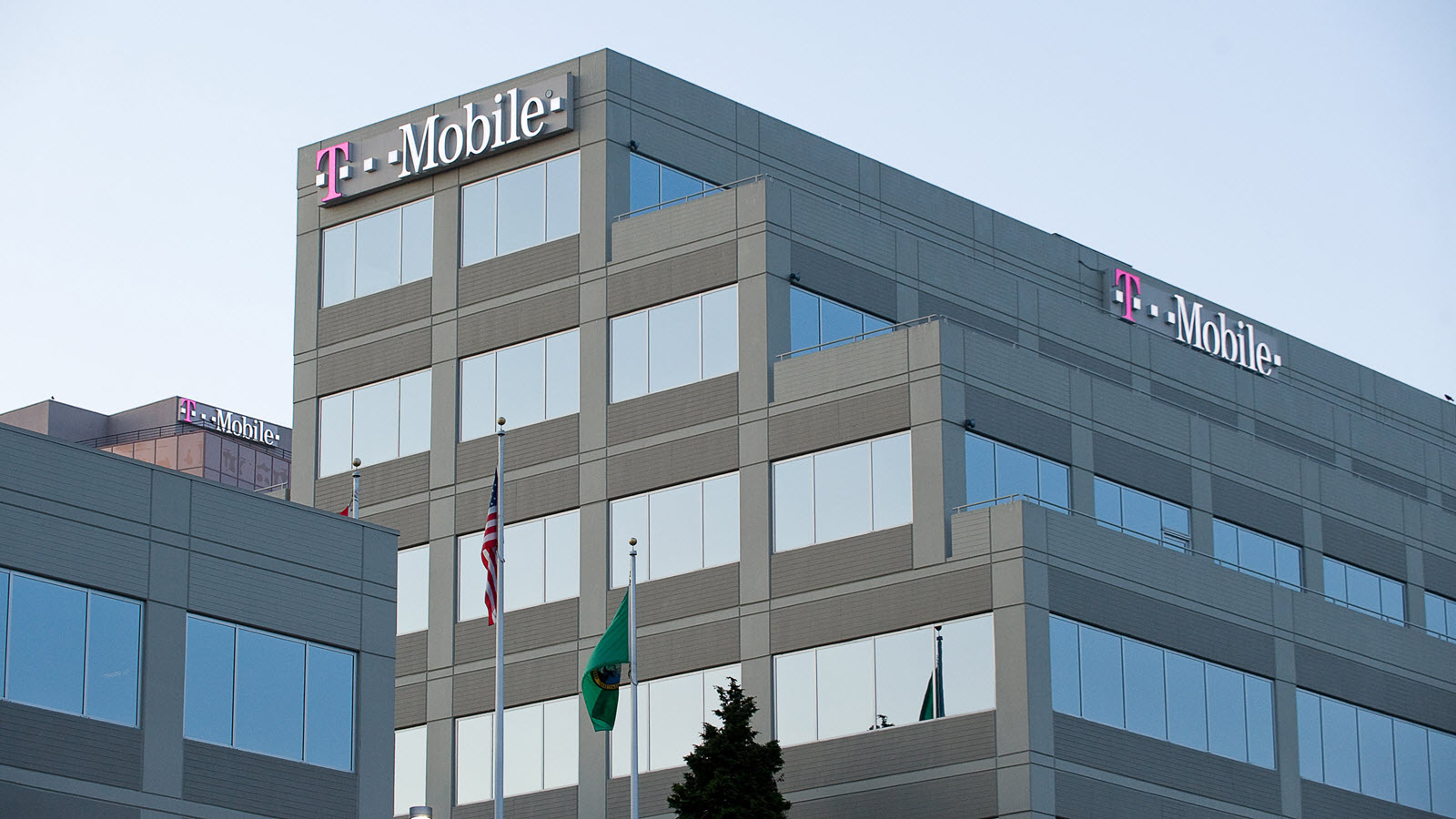T-Mobile Pays $200M to Settle Lifeline Investigation
Involves Sprint allegations pre-merger

The smarter way to stay on top of the multichannel video marketplace. Sign up below.
You are now subscribed
Your newsletter sign-up was successful
T-Mobile has agreed to pay $200 million to resolve an FCC investigation into Sprint's compliance, or lack of it, with FCC rules on waste, fraud and abuse in the Lifeline advanced communications--broadband and phone--subsidy for low-income residents.
The FCC said that figure is a record fixed-amount settlement of an investigation. Sprint has also agreed to a compliance program to insure it follows the Lifeline rules.
Related: FCC Launches Lifeline Investigation of Sprint
“Lifeline is key to our commitment to bringing digital opportunity to low-income Americans, and it is especially critical that we make the best use of taxpayer dollars for this vital program,” said chairman Ajit Pai of the settlement. “I’m pleased that we were able to resolve this investigation in a manner that sends a strong message about the importance of complying with rules designed to prevent waste, fraud, and abuse in the Lifeline program. In addition to the great work of our Enforcement Bureau team, I would like to thank the Oregon Public Utility Commission for its efforts in this case. States play an important role in helping low-income consumers get access to affordable communications through Lifeline and making sure the program is run efficiently.”
The Enforcement Bureau was investigating allegations--stemming from an Oregon Public Utility Commission, that Sprint, before the T-Mobile merger--"claimed monthly subsidies for serving approximately 885,000 Lifeline subscribers, even though those subscribers were not using the service," the FCC said at the time, which would violate its "non-usage" rule.
Related: Pennsylvania Joins T-Mobile-Sprint Suit
Pai launched the investigation back in September 2019, calling it an "outrageous" apparent violation of the FCC's rules on Lifeline broadband subsidies. Sprint had said it was a mistake it has fixed and would pay back the money.
The FCC did not call it an apparent violation, but instead treated it as an established problem the "full extent" of which now needs to be investigated and responded to.
That rule requires Lifeline providers to "de-enroll" subs who aren't using their phones. The FCC said Sprint's violation was uncovered by the Oregon Public Utility Commission, which Pai thanks for its efforts. “States are an important partner with the FCC in both helping low-income consumers get access to affordable communications through Lifeline and cracking down on waste, fraud, and abuse in the program," he said.
Preventing that abuse has been behind Pai's efforts to make it more accountable and prevent just the sort of abuse he said Sprint is guilty of.
That 885,000 represents almost a third of Sprint's Lifeline sub base. The FCC-overseen Universal Service Fund provides $9.95-per-month subsidies to serve low-income consumers, but that service must be provided.
The smarter way to stay on top of the multichannel video marketplace. Sign up below.
Contributing editor John Eggerton has been an editor and/or writer on media regulation, legislation and policy for over four decades, including covering the FCC, FTC, Congress, the major media trade associations, and the federal courts. In addition to Multichannel News and Broadcasting + Cable, his work has appeared in Radio World, TV Technology, TV Fax, This Week in Consumer Electronics, Variety and the Encyclopedia Britannica.

